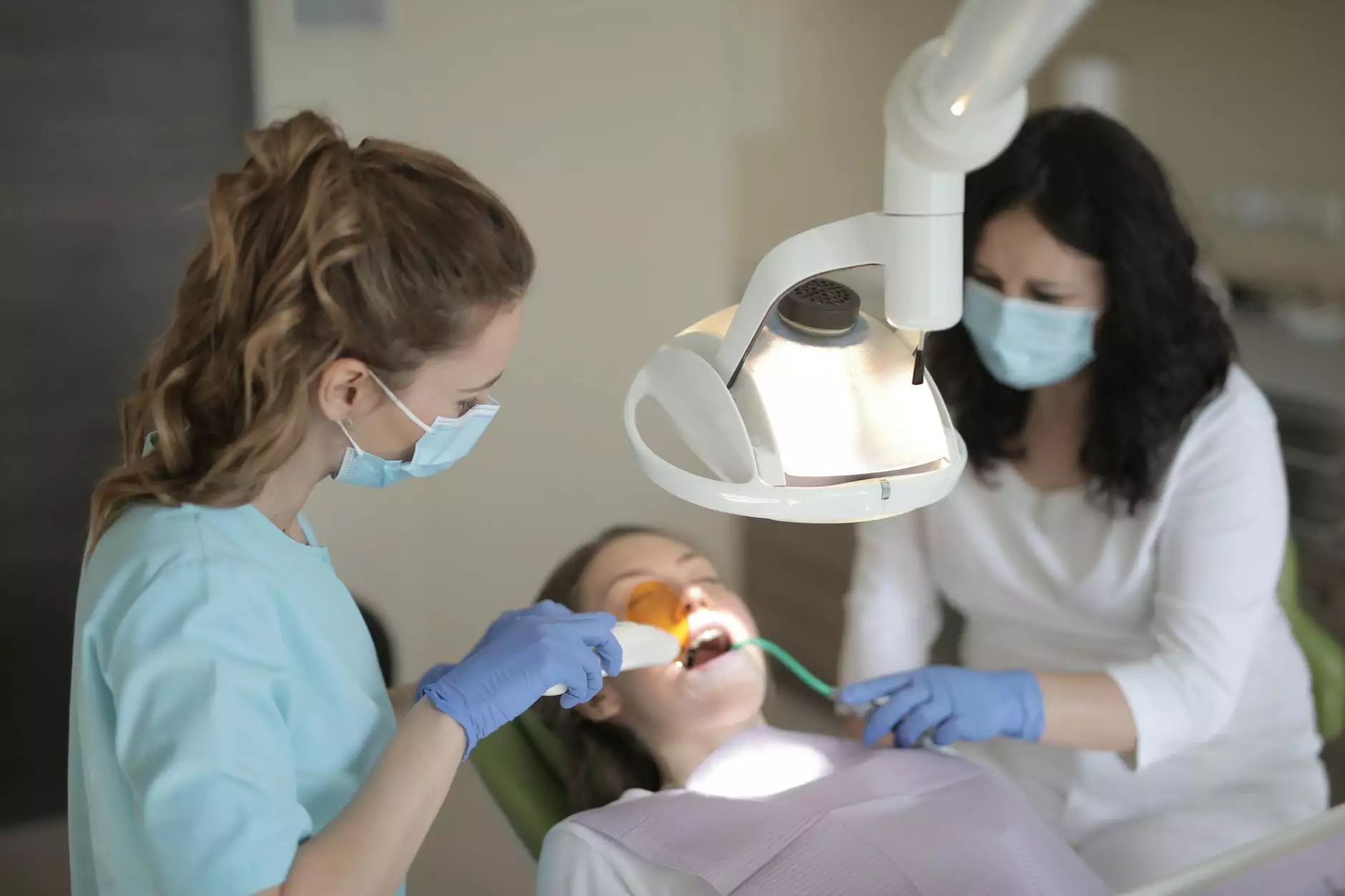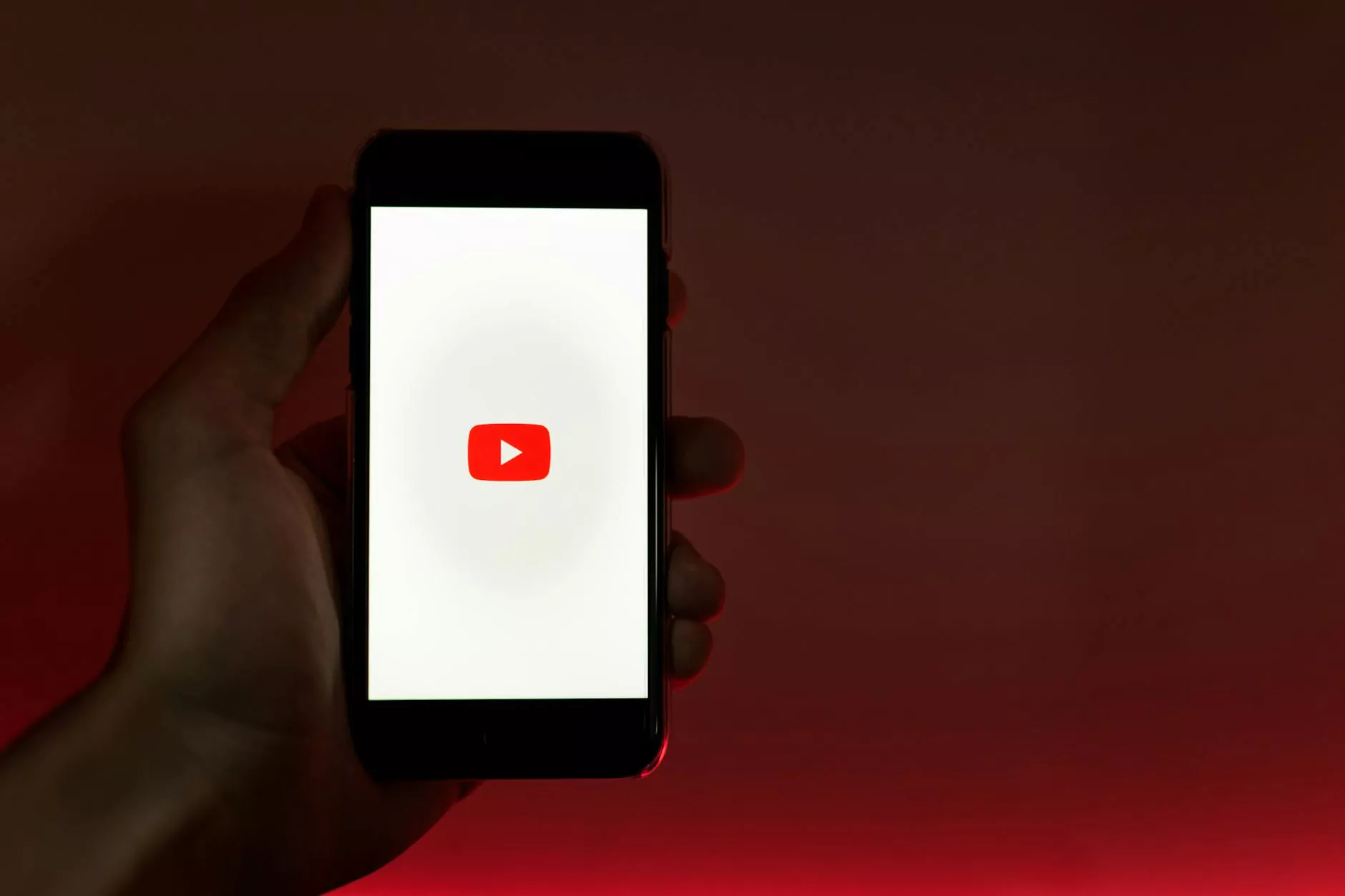Mastering Medical Billing: Essential Classes for Future Professionals

The Vital Role of Medical Billing in Healthcare
Medical billing is a critical component of the healthcare industry that ensures healthcare providers are compensated for their services. It involves translating healthcare services into billable codes, which are then submitted to insurance companies for reimbursement. Understanding this process is essential for anyone looking to enter the healthcare field, and that’s where medical billing classes come into play.
Understanding Medical Billing Classes
Medical billing classes provide the foundational knowledge and skills required to navigate the complexities of healthcare billing. These classes typically cover:
- Medical Terminology: Understanding the language of medicine is crucial.
- Insurance Guidelines: Learning about various insurance plans and reimbursement rates.
- Coding Systems: Familiarity with ICD-10, CPT, and HCPCS coding.
- Billing Processes: Knowing how to bill claims accurately and follow up on denials.
- Ethical Practices: Understanding compliance and regulatory requirements.
These components are essential for effective medical billing professionals who aim to streamline the billing process.
The Benefits of Enrolling in Medical Billing Classes
Taking medical billing classes offers numerous benefits, including:
- Career Opportunities: With the growing demand for healthcare services, there’s an increasing need for skilled medical billers. Completing a medical billing program can open the door to job opportunities.
- Flexible Learning: Many programs are available online, allowing students to learn at their own pace and balance their studies with personal or professional commitments.
- Expert Instruction: Classes are often taught by experienced professionals who provide real-world insight into the field of medical billing.
- Certification Preparation: Most courses are designed to prepare students for certification examinations, which can significantly enhance their employability.
- Networking Opportunities: Students can connect with instructors and fellow classmates, building valuable professional relationships within the healthcare community.
What to Expect in Medical Billing Classes
Medical billing classes typically combine theoretical knowledge with hands-on practice. Students can expect to engage in:
- Interactive Learning: Activities, case studies, and role-playing scenarios that simulate real-world situations.
- Access to Software: Familiarization with medical billing software, which is crucial in today’s digital age.
- Assessment and Feedback: Regular assessments to track progress and feedback from instructors to improve skills.
This structured approach helps ensure that students are not only familiar with the content but are also competent in applying their knowledge in practical settings.
Choosing the Right Medical Billing Class
Choosing the right program can significantly influence your career trajectory. Consider the following factors:
- Accreditation: Ensure the program is accredited by relevant industry associations.
- Curriculum: Look for a comprehensive curriculum that covers all necessary topics in depth.
- Instructor Expertise: Research the qualifications and experience of the instructors.
- Flexibility: Consider your learning style and schedule; many programs offer part-time or online options.
- Career Support: Evaluate the support services offered, such as resume workshops and job placement assistance.
Career Opportunities in Medical Billing
Graduates of medical billing classes can find various career opportunities, such as:
- Medical Biller: Directly handling billing tasks and ensuring claims are processed efficiently.
- Medical Coder: Specializing in translating healthcare services into correct billing codes.
- Billing Specialist: Overseeing billing processes in hospitals, clinics, or private practices.
- Revenue Cycle Manager: Managing the entire revenue cycle to optimize financial performance for healthcare facilities.
- Freelance Medical Billing: Starting your own business as a freelance medical biller or coder.
With the right education and training from medical billing classes, professionals can find rewarding and stable positions in the healthcare sector.
The Future of Medical Billing
The healthcare industry is constantly evolving, and so is the field of medical billing. Trends impacting the profession include:
- Technology Integration: Automation and Artificial Intelligence (AI) are streamlining billing processes, leading to increased efficiency.
- Regulatory Changes: Staying updated with changes in healthcare laws and regulations is essential for compliance.
- Telemedicine Growth: As telemedicine expands, understanding billing for remote services becomes increasingly important.
- Patient-Centric Billing: The shift towards transparency in billing practices will influence how medical billers interact with patients.
Professionals who pursue ongoing education and training will be better positioned to adapt to these changes and continue thriving in their careers.
Conclusion: The Path to a Rewarding Career
Embarking on a career in medical billing can be immensely rewarding, offering opportunities to make a substantial impact on the healthcare industry. By enrolling in medical billing classes, aspiring professionals can gain the knowledge, skills, and confidence necessary to succeed. The combination of practical experience, expert instruction, and industry-relevant knowledge makes these classes a vital step in paving the way for a prosperous future.
For those considering a career in medical billing, the doors to success are wide open. Start your journey today!









